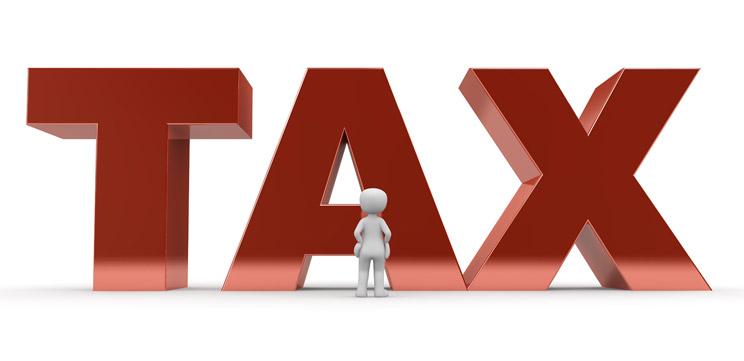What would a switch to a flat volumetric tax mean for the alcohol industry?
In its 2016-17 pre-budget submission, the Foundation for Alcohol Research and Education proposed that the federal Government reform the alcohol taxation system by replacing the wine equalisation tax with a volumetric tax rate based on the alcohol content of wine and that excise rates on all alcohol products be increased by a minimum of 10 per cent.
According to IBISWorld Senior Industry Analyst Andrew Ledovskikh, an equal 10 per cent increase in tax across all alcoholic beverages, combined with a shift to taxing wine on a volumetric basis, would result in a decline in total alcohol consumption of 9.4 per cent and raise $2.9 billion annually.
“The current taxation system for alcohol is very complex,” he said, adding that a range of tax rates is applicable to alcoholic beverages across 16 different excise categories in Australia.
Beer and spirits are taxed on an excise system, with rates of taxation varying by the type and strength of the product. However, all wine, as well as traditional cider, is taxed based on its wholesale value.
“The most common proposal is for a flat volumetric tax on all alcoholic beverages, which has been floating around since the Henry tax review,” Mr Ledovskikh said. “The flat tax would most likely be equal to the current excise tax rate for full-strength packaged beer. Such a proposal is more likely to be the point of discussion over the next month or so as the long-anticipated election-year budget is handed down.”
The discussion surrounding changes to the excise tax regime will also be fuelled by the Senate inquiry into the winemaking and grape-growing industries.
“If such a change were introduced, it would have significant consequences for the alcohol manufacturing sector,” Mr Ledovskikh said.
If volumetric taxation is introduced, IBISWorld anticipates the price of bulk wine, draught beer and unflavoured cider without added alcohol or sugar would increase, assuming that the wine equalisation tax is abolished.




